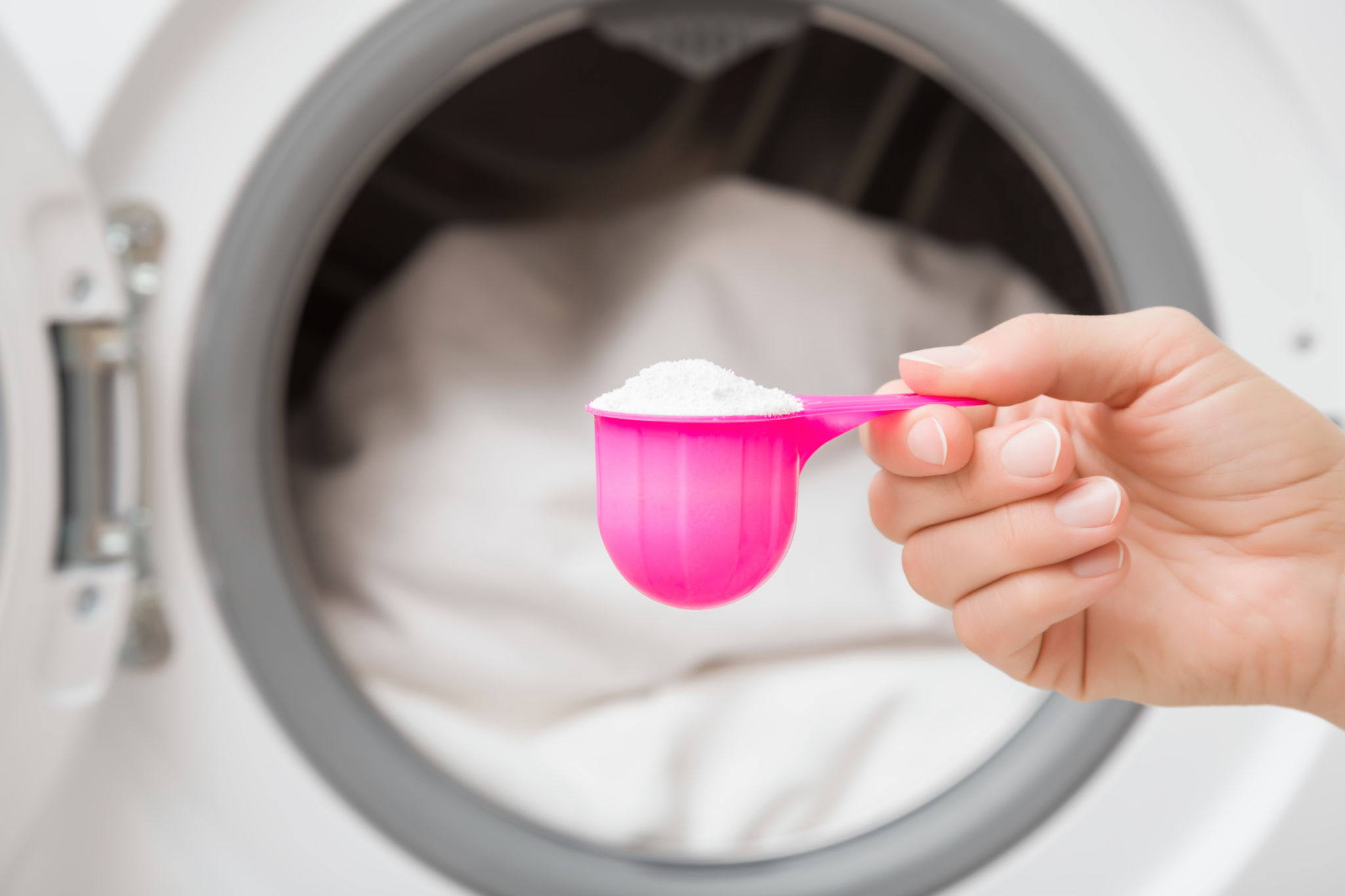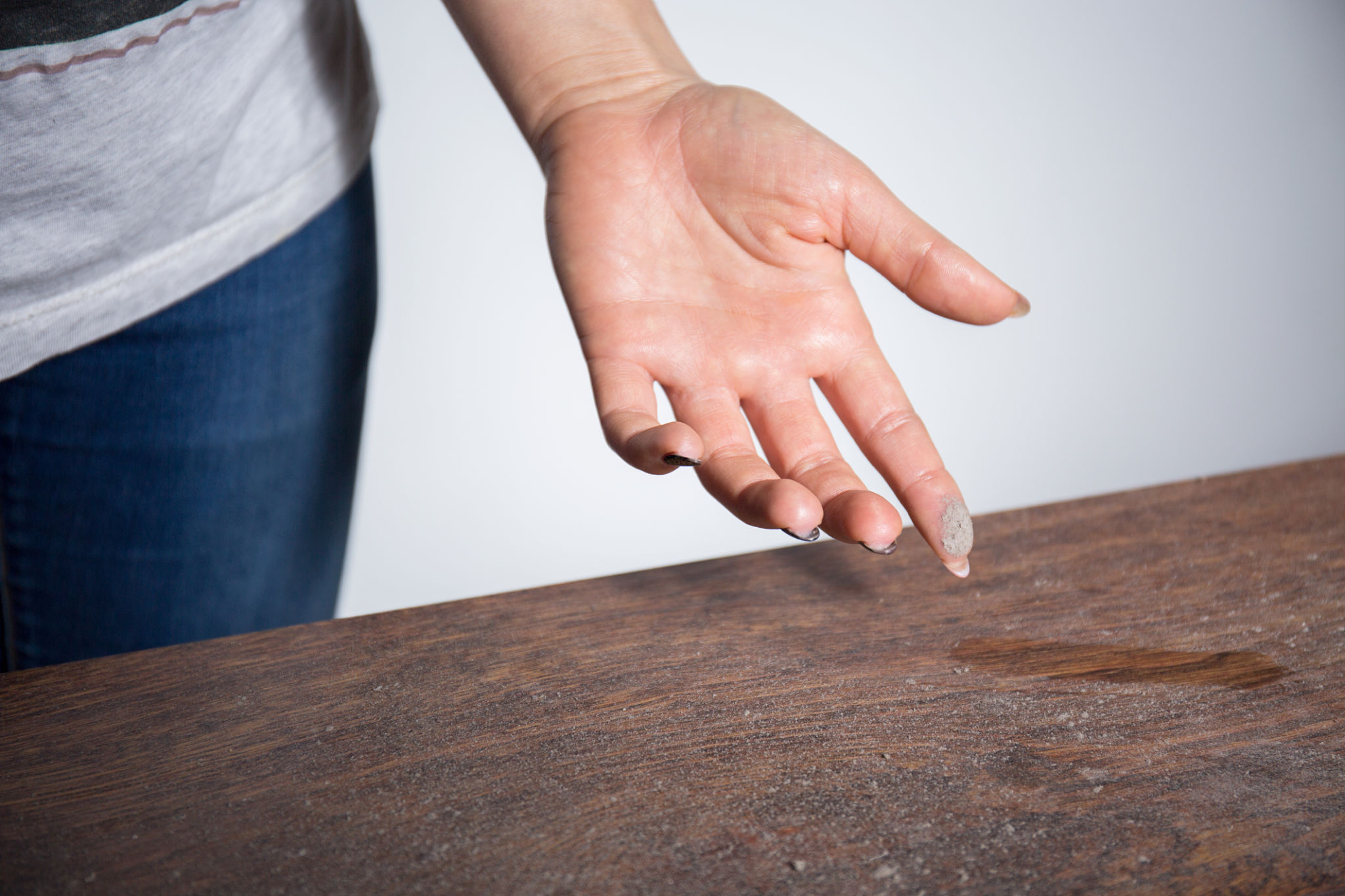10 Common House Cleaning Myths Debunked
Introduction
House cleaning can often feel like a never-ending chore, and over time, various myths about cleaning have emerged. These myths can lead to ineffective cleaning methods or even damage to your home. In this post, we’ll debunk 10 common house cleaning myths to help you clean smarter, not harder.
Myth 1: More Detergent Means Cleaner Clothes
It might seem logical to think that using more detergent will result in cleaner clothes, but this is not the case. In fact, using too much detergent can cause build-up on your clothing and your washing machine. This build-up can trap bacteria and make your clothes smell bad. Always follow the recommended amount for optimal cleaning results.

Myth 2: Vinegar Cleans Everything
Vinegar is a popular natural cleaner, but it’s not suitable for all surfaces. For instance, vinegar can damage natural stone surfaces like granite or marble due to its acidity. It’s important to know when vinegar is an appropriate cleaner and when it’s best to use something else.
Myth 3: Newspaper is Great for Cleaning Windows
Many people believe that using newspaper is the best way to get streak-free windows. However, modern newspapers often use soy-based inks that can leave smudges. Instead, microfiber cloths or squeegees are more effective for achieving a crystal-clear shine.

Myth 4: Bleach is an Excellent Cleaner
While bleach is a powerful disinfectant, it’s not actually a good cleaner. Bleach can kill germs, but it doesn’t remove dirt or grime. For effective cleaning, use a detergent first and then disinfect with bleach if necessary.
Myth 5: Dusting Spray is Necessary
Dusting sprays often leave a residue that attracts more dust over time. A simple microfiber cloth or a damp cloth is usually sufficient to remove dust without leaving behind any sticky residue.

Myth 6: Baking Soda Cleans Everything
Baking soda is a versatile cleaner but it isn't universally effective. For example, it can be too abrasive for some surfaces like glass or delicate metals. Always test on an inconspicuous area before using baking soda widely.
Myth 7: Cleaners Work Instantly
Many commercial cleaners require time to work effectively. Spraying and immediately wiping may not allow the cleaner to break down grime and bacteria properly. Always follow the instructions on the label for optimal results.

Myth 8: More Scrubbing Equals More Clean
In some cases, intense scrubbing can damage surfaces like non-stick pans or delicate fabrics. It’s better to let cleaning solutions do the work for you, softening dirt and grime before wiping away gently.
Conclusion
By understanding and debunking these common cleaning myths, you can enhance your cleaning routine and protect your home from damage. Remember, effective cleaning is about using the right methods and products for each specific task.